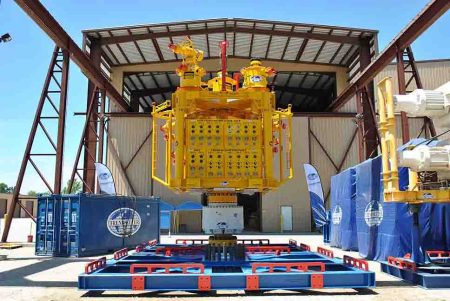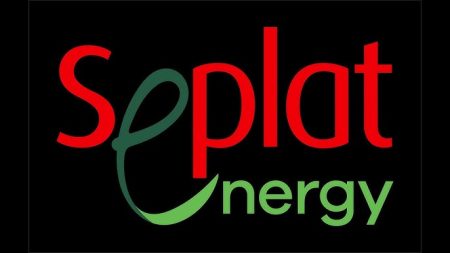 13 September 2013, London – Norway’s Statoil is setting up a political and security risk analysis team to protect employees and assets in global hotspots after failing to foresee a deadly attack in Algeria earlier this year, company officials said.
13 September 2013, London – Norway’s Statoil is setting up a political and security risk analysis team to protect employees and assets in global hotspots after failing to foresee a deadly attack in Algeria earlier this year, company officials said.
The oil and gas major said in a report on Thursday that it missed a string of warning signs in the lead up to the January attack by Islamist militants on the In Amenas gas facility deep in the Sahara desert.
Some 40 workers, including five Statoil employees, were killed during the four-day siege that ended when the Algerian army raided the plant.
“The attack was a watershed moment for Statoil,” a company source said. “Security and political risk was largely outsourced before then and it is now being brought back home.”
Statoil had for years employed a political risk unit in Oslo forming part of the communications department as “it was perceived as more of a PR issue”, the source said.
The new political risk and security threat assessment team, part of Statoil’s global strategy department, is being formed in London and headed by Geir Westgaard, a former diplomat.
It includes analysts and former Western intelligence personnel focused on North Africa, East Africa, Central Asia and China, key investment regions for the company, according to company sources.
“This was an immediate reaction to what happened in Algeria. Unless we have a really good handle on what the risks are in countries we operate in, we will be disadvantaged,” another source close to the new team said.
Statoil is developing a $10 billion liquefied natural gas (LNG) terminal in Tanzania, though the project has become divisive due to fears energy could prove to be a “resource curse”, bringing the kind of unrest experienced by the Democratic Republic of Congo and Nigeria.
“As energy and security become more closely linked in people’s minds, the recognition that they need to bolster the security and political risk analysis has become clear,” he said.
Statoil staff have yet to return to the In Amenas plant, a joint venture with BP, with neighbouring Libya having become “a large ungoverned space” and Mali having developed into a “safe haven for jihadists and terrorists”, the report said.
“Although unforeseen and unprecedented, an attack on In Amenas should not have been entirely inconceivable,” the 78-page report said in a section titled “Failure of Imagination”.
More Risk
Oil companies around the world face growing political and security instability in the Middle East and North Africa as a result of the Arab Spring uprisings, a senior industry source said.
“Companies have been used to risks for a long time but risks are increasing, especially in the Middle East. But under dictatorships, things were easy because you dealt with one person … now you need to deal with countless parties and you don’t really know who calls the shots,” he said.
“It takes a lot more sophistication and granular knowledge on the ground to make business,” he added.
Other oil majors, including Royal Dutch Shell and BP, already have political risk divisions.
France’s Total is considering forming a new political and security risk division in London to expand its Paris-based analysis team that is part of the public communication department, company sources said.
A Statoil spokesman did not respond to queries by telephone or email.



